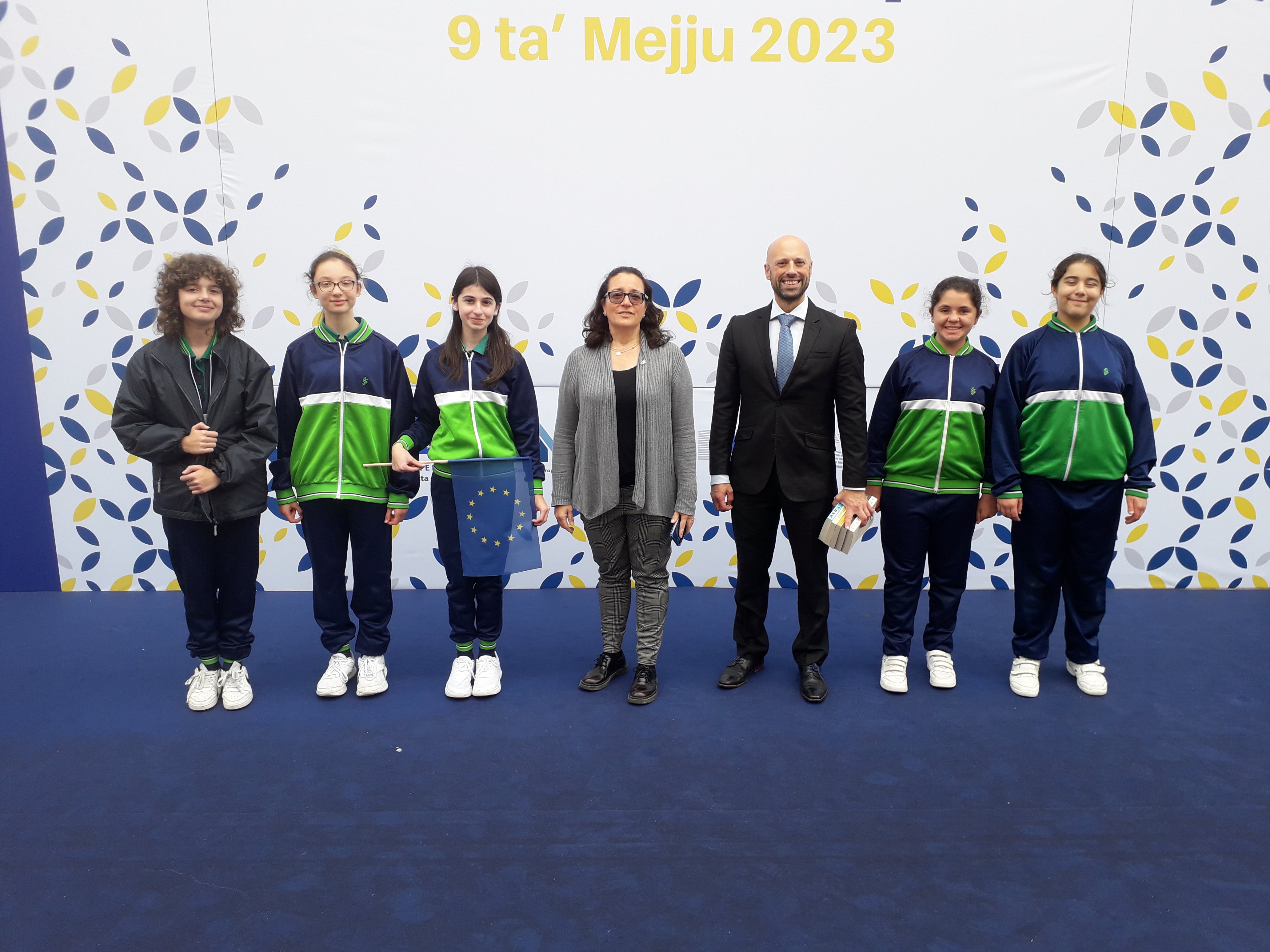8 Schools Participate in The European Parliament Ambassador Schools (EPAS) Programme This Year
The EPAS programme gives secondary school students the opportunity to understand their rights as EU citizens and to learn about the role of the European Parliament within the context of the EU.
The European Parliament Ambassador Schools (EPAS) programme enhances students’ awareness of European parliamentary democracy, the role of the European Parliament, and European values. It also encourages them to actively participate in EU democratic processes. It brings together students from diverse educational, social and geographical backgrounds to know and exercise their rights as European citizens.
MEETINGS AND TRAVEL OPPORTUNITIES
The EPAS programme is mostly carried out in the schools themselves, through quizzes and other interesting activities, but schools meet for a final quiz on Europe Day in Valletta. Students and teachers also benefit from opportunities to travel for specific activities in the European Parliament and for the transnational edition of EPAS, which unites schools from various EU countries.
During this scholastic year, 8 secondary schools from Malta took part in the EPAS Programme. These were:
- St Ignatius College Secondary School, Ħandaq, Qormi
- Maria Regina College Mosta Secondary, Żokrija
- St Clare College Pembroke Secondary School
- St Dorothy’s Senior School, Żebbuġ
- St Joseph's School, Sliema
- St Martin’s College, Swatar
- St Thomas More College Secondary School, Żejtun
- St Benedict's College Secondary School, Kirkop

These 8 secondary schools from Malta are among 1,500 European Parliament Ambassador Schools around Europe. This network offers schools a wonderful opportunity to exchange best practices and co-operate in the implementation of the programme.
The EPAS network is part of a wider community of active citizenship involving the European Parliament, notably via the platform together.eu. The network gives schools the chance to be involved in a wide range of activities organised by the EP and its institutional partners, and to connect with many European, national and local entities and civil society organisations.